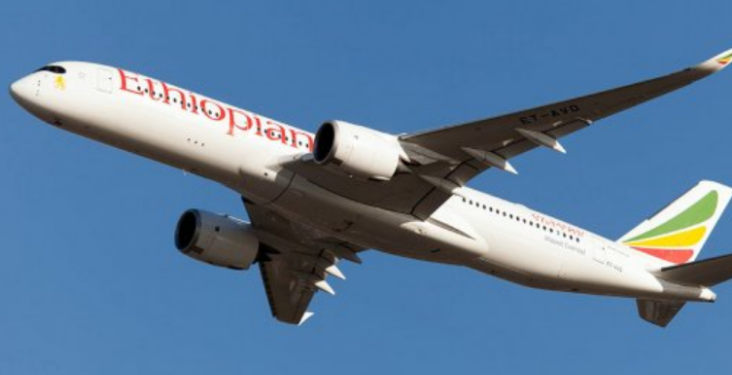How new Covid measures on air travel are hitting African airlines
- Advertisement -
Arlette Tanga, president of the African Air and Space Law Association, says it’s a bad time for airlines once again.
While borders are closing again, airlines – which saw their air traffic fall by 69.8% during 2020 for the African continent alone – must adapt to the different policies adopted by each country: checking tests – PCR or antigenic depending on the country – of passengers and/or their staff, changing health protocols.
- Advertisement -
Since June, China has established new rules that would allow services to resume if no positive cases are detected on any flights for three consecutive weeks. However, airlines whose passengers test positive on arrival will remain grounded for a certain period: two weeks if five passengers test positive – the rule, which initially enforced a one-week suspension, was tightened in mid-December 2020 – and four weeks if 10 passengers test positive.
- Advertisement -
Read More:
A measure which Rwandair and Ethiopian Airlines have already borne the brunt of. The first – which had resumed its flights to Guangzhou at the beginning of January – began its fortnight’s suspension on 31 January, while the second was hit by successive bans in September, October and throughout December 2020, and resumed its connections in January.
We interviewed Arlette Tanga, president of the African Air and Space Law Association (AADAS), which she founded in February 2019, about these measures.
Other countries, such as France, have tightened regulations on airlines, which led for example, to the suspension of Ethiopian Airlines flights to Paris between 28 and 31 January. How is the measure introduced by the Chinese different?
Arlette Tanga: In France, it was due to a breach in protocol that requires airline staff check that passengers boarding the plane are in possession of a negative PCR test. For Beijing, the companies will be at fault even if they have carried out this verification if the test done on arrival comes back positive.
This sanction policy makes airlines already weakened by the crisis bear the responsibility for the conformity of the test. That is, when the reliability of certain tests is questionable or in the case when passengers may have contracted the virus sometime between the moment they are tested before leaving and when they get off the plane.
Other countries that systematically test new arrivals as they get off the plane, such as Cameroon, have opted to isolate passengers that have tested positive as soon as they arrive. They enforce this with help from the police, if necessary, without punishing the company.
- Advertisement -
Are these suspension-sanctions well-founded?
Absolutely. The Chicago Convention, which governs international civil aviation, allows countries to introduce measures to prevent the spread of contagious diseases through air travel. As we know, the Covid-19 outbreak has been characterised as a pandemic by the WHO.
Moreover, even if there is a difficulty in accessing information – the list of airlines authorised to fly over China has not been made public, for example – the rules laid down by Beijing are clear and applicable to all players in the sector.
Unless it can be argued, and proven that the tests carried out on arrival are defective, the measure is difficult to challenge from a legal point of view. As far as I am aware, no legal action has been taken against it. It’s important to remember that this is a temporary measure that has been introduced in a very specific context.

On the other hand, companies would have legal grounds to go after passengers who deliberately provided false tests. They would need to prove that the passengers in question were the direct cause of the temporary suspension of a route, and initiate legal action to gain compensation for this loss, which represents an enormous financial loss to them. However, no action has yet been taken in this regard either.
The International Air Transport Association (IATA) is currently testing its Travel Pass with companies such as Emirates and Etihad, which gathers all the data related to the tests and vaccinations that passengers have taken into one application. What do you think of this initiative?
My main fear, like that of many Africans, is that vaccination against Covid-19 will be imposed as a condition for travel, as is the case for yellow fever in many countries on the continent. However, since African countries have little access to vaccines, this additional condition would be a real obstacle to travel.
- Advertisement -

